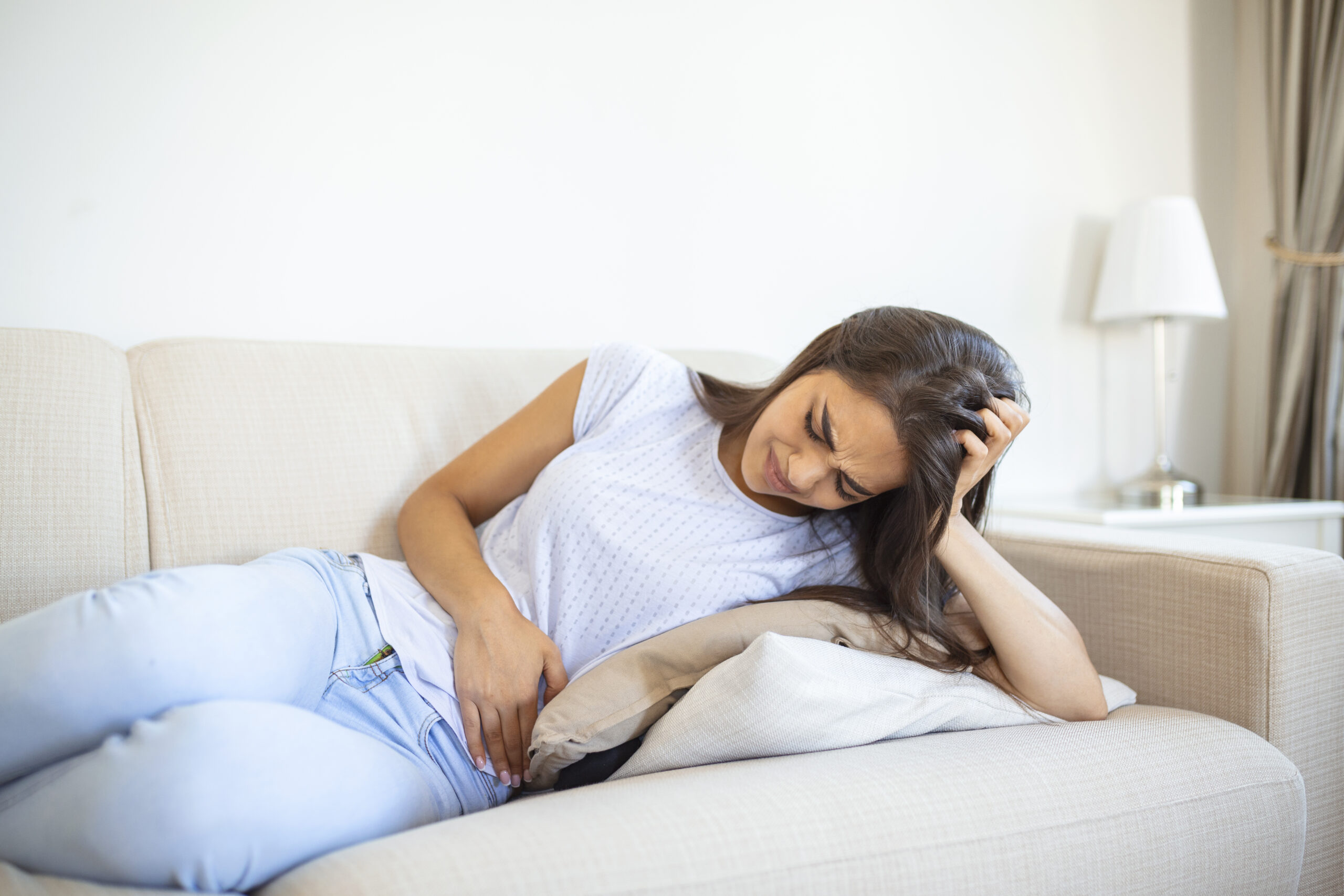Understanding PCOS Pain
PCOS-related pain stems from various factors, including hormonal imbalances, ovarian cysts, and inflammation. The most common types of pain experienced by women with PCOS include:
Types of PCOS Pain
- Pelvic Pain: Persistent discomfort or sharp pain in the lower abdomen due to ovarian cysts.
- Menstrual Cramps: More severe and prolonged cramps compared to those experienced by women without PCOS.
- Headaches and Migraines: Hormonal fluctuations can trigger frequent headaches.
- Back and Joint Pain: Increased weight gain and insulin resistance associated with PCOS may contribute to musculoskeletal discomfort.
How PCOS Pain Affects Daily Life
The physical pain caused by PCOS can take a toll on emotional and mental well-being, affecting various aspects of life:
Challenges Faced by PCOS Sufferers
- Work and Productivity: Chronic pain can make it difficult to concentrate and perform tasks efficiently, leading to missed deadlines and absenteeism.
- Social Life: Women with PCOS often struggle to engage in social activities due to fatigue, discomfort, and emotional distress.
- Mental Health: Anxiety, depression, and stress are common among PCOS sufferers, further exacerbating physical symptoms.
- Sleep Disruptions: Pain and hormonal imbalances can lead to insomnia or poor-quality sleep, affecting overall health.
Effective Solutions for Managing PCOS Pain
While PCOS has no cure, several strategies can help manage and alleviate pain:
1. Lifestyle Modifications
- Diet: Adopting an anti-inflammatory diet rich in whole foods, lean proteins, healthy fats, and fiber can help regulate hormones and reduce pain.
- Exercise: Regular physical activity, such as yoga, walking, or strength training, improves insulin sensitivity and reduces inflammation.
- Weight Management: Losing even a small amount of weight can alleviate symptoms and improve overall well-being.
2. Medical Treatments
- Pain Relievers: Over-the-counter painkillers like ibuprofen can help manage cramps and pelvic pain.
- Hormonal Therapy: Birth control pills or hormonal treatments can regulate menstrual cycles and reduce cyst-related pain.
- Metformin: Often prescribed to improve insulin resistance and reduce PCOS symptoms.
3. Natural Remedies
- Herbal Supplements: Some women find relief from PCOS symptoms with natural supplements like spearmint tea, cinnamon, and omega-3 fatty acids.
- Acupuncture: Studies suggest that acupuncture may help alleviate The Impact of PCOS Pain and regulate hormones.
- Essential Oils: Lavender and peppermint oils may provide relief from headaches and cramps when used in aromatherapy or massage.
4. Stress Management
- Mindfulness and Meditation: Practicing mindfulness can help reduce stress and improve pain perception.
- Therapy and Support Groups: Seeking emotional support from professionals or PCOS support groups can make a significant difference in coping with chronic pain.
Final Thoughts
The Impact of PCOS Pain can be debilitating, but with the right management strategies, sufferers can regain control over their lives. By making lifestyle changes, exploring medical and natural treatments, and prioritizing mental well-being, women with PCOS can significantly reduce pain and improve their quality of life.
If you or someone you know is struggling with PCOS pain, consulting a healthcare professional for a personalized treatment plan is essential. Remember, you are not alone, and with the right approach, relief is possible.
For expert consultation and specialized care, you can reach out to Dr. Pradnya Dole, a renowned specialist in managing PCOS and women’s health concerns. Her expertise in holistic treatment approaches, including Ayurvedic Treatment for PCOS in Pune, can help women navigate and overcome the challenges posed by PCOS.
Contacts:
Sai Ankur, A401, opposite F-Residences, Balewadi, Pune, Maharashtra 411045
gynovita.pune@gmail.com
+91 73978 79170





